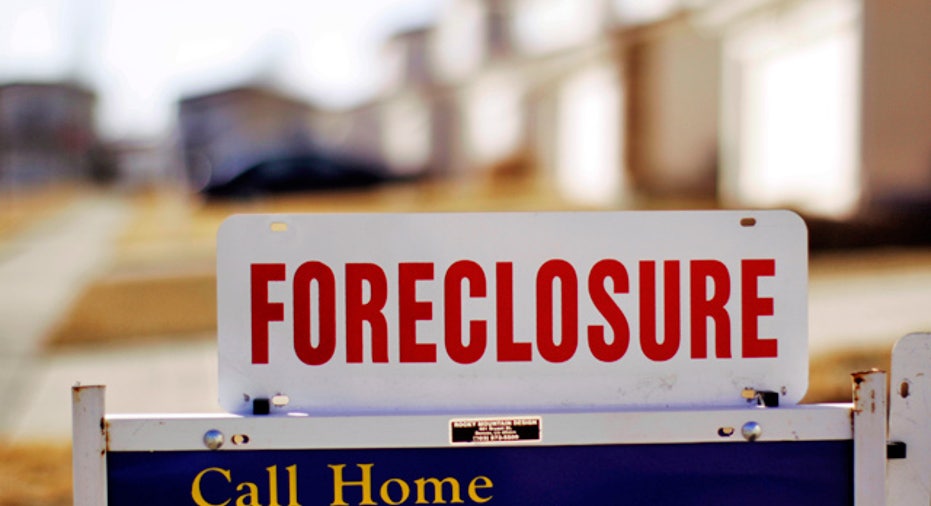Spouses of Reverse Mortgage Borrowers Get Foreclosure Relief

The U.S. Department of Housing and Urban Development (HUD) has reversed itself on a rule that was forcing some spouses of reverse mortgage borrowers into foreclosure.
For years, HUD has described reverse mortgages insured by the government as non-recourse loans.
Those loans, known as a Home Equity Conversion Mortgage (HECM), are designed so that borrowers could never owe more than the value of their homes, even though the loan balances rise over time. The intent was to assure elderly borrowers that HECMs were safe.But a lawsuit filed last month by the AARP Foundation seeks foreclosure relief for spouses of deceased reverse mortgage borrowers. It charges that HUD illegally implemented two important rule changes in 2008. The first stated that the non-recourse provision would apply only when properties are sold. That means that if the spouse dies, the surviving non-signing spouse would have to repay the full outstanding HECM balance, even if the home’s value had dropped.Second, HUD changed a rule stating that a borrower could sell a secured property for 95% to 100% of its appraised value. The new rule stated that only “arm’s length transactions” would be allowed under that range of prices. That effectively meant that a non-signing surviving spouse could retire a HECM only by repaying the full loan balance, but that a third-party buyer could purchase the property for as little as 95% of appraised market value.
The AARP lawsuit alleges that, as a result of the rule, many spouses or heirs who want to purchase the property have been unable to do so because they cannot obtain financing that exceeds the current value of the property. The federal lawsuit argues that the rule violates other HUD rules and existing contracts between reverse mortgage borrowers and lenders, and that it negates a key purpose for which borrowers had been paying insurance premiums.
HUD issued a letter last week reversing itself on the arm’s length transaction ruling. That action will mean a halt to foreclosure action against three of AARP’s clients, according to an AARP attorney. AARP added that other issues revolving around surviving spouses of reverse mortgage borrowers remain, and the lawsuit will proceed.



















